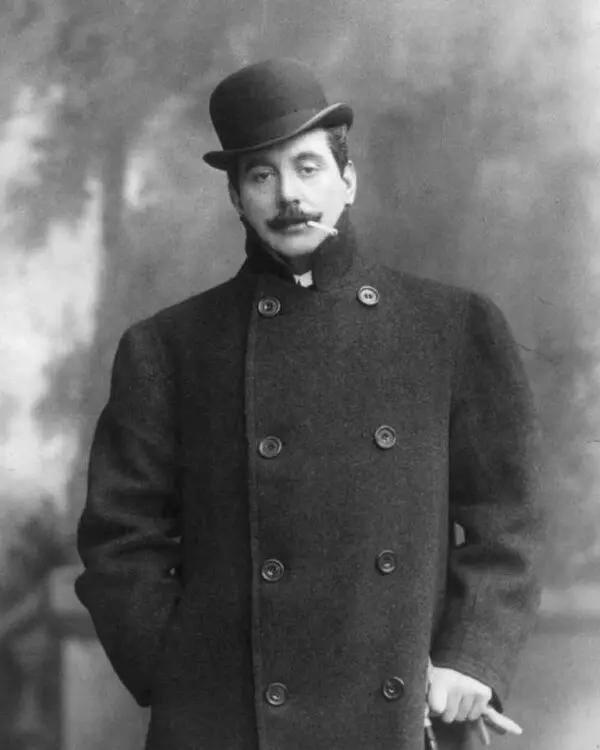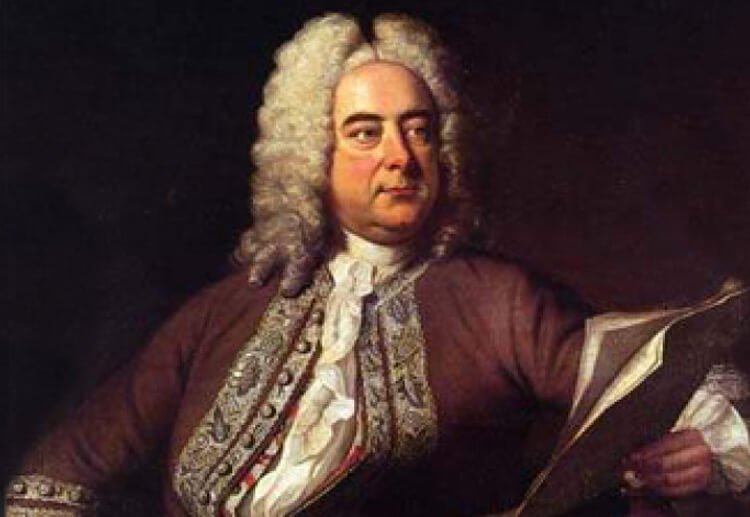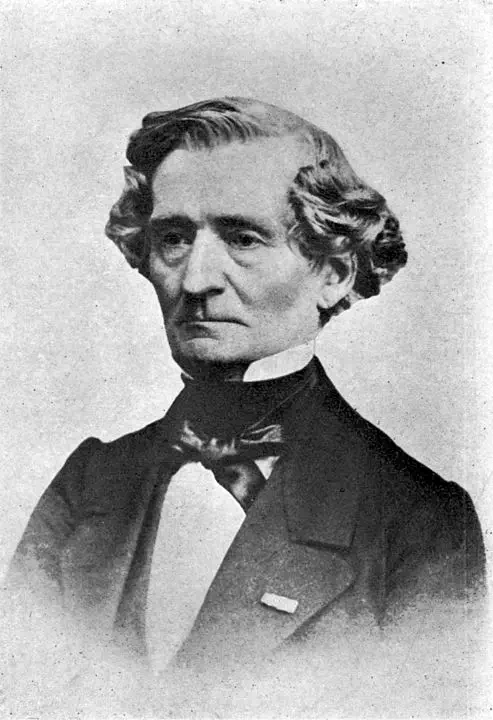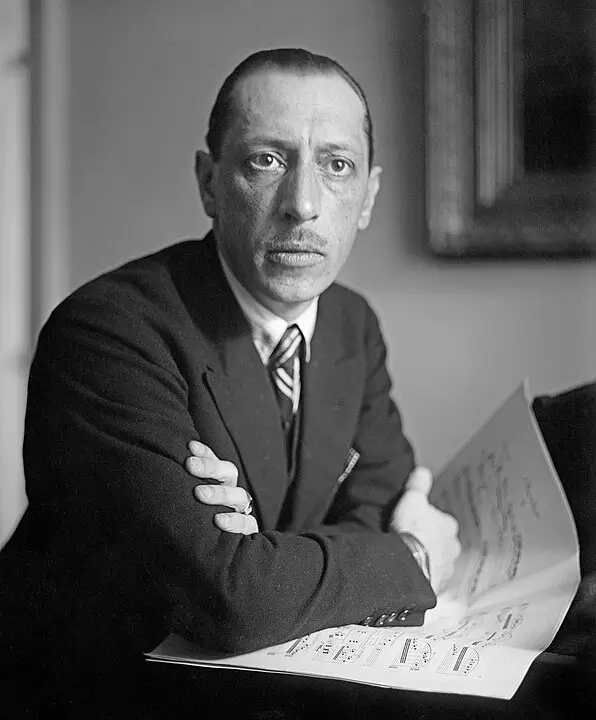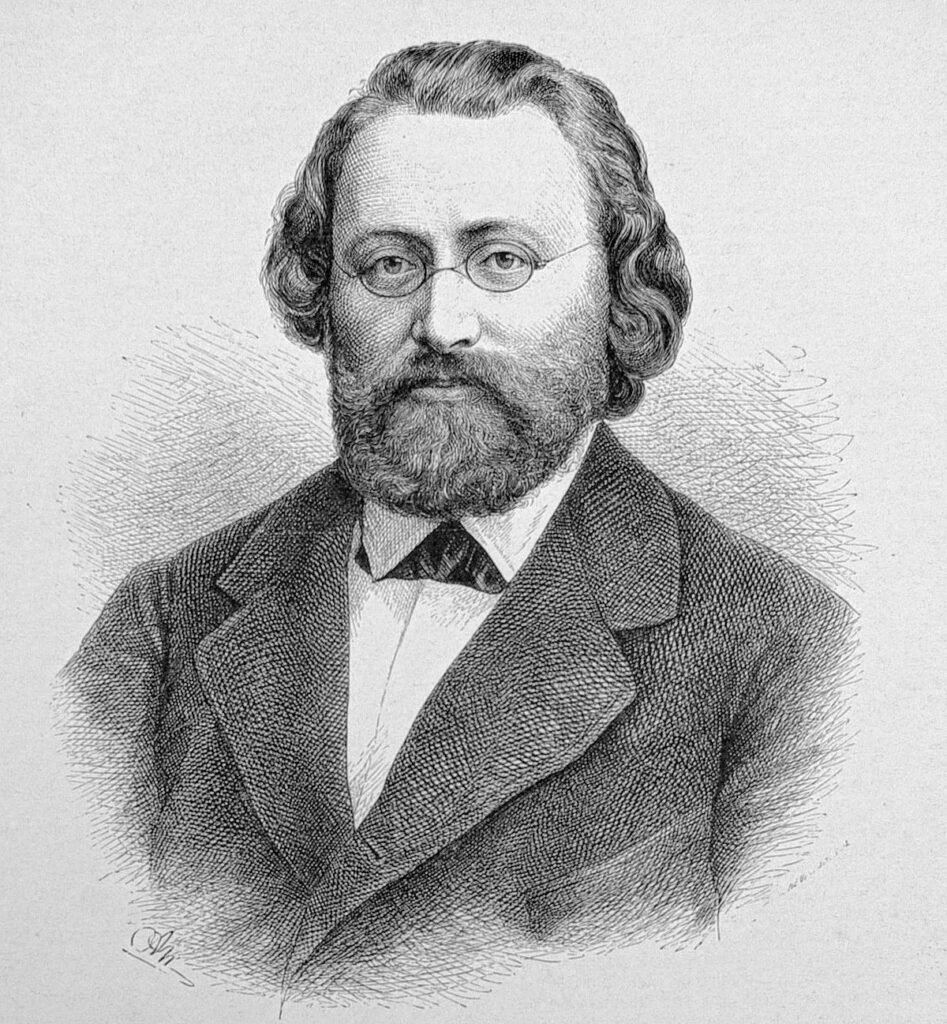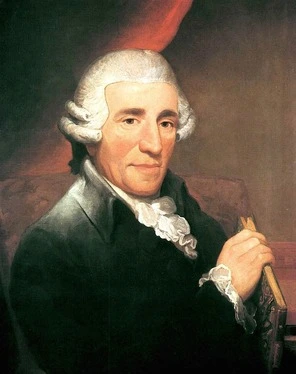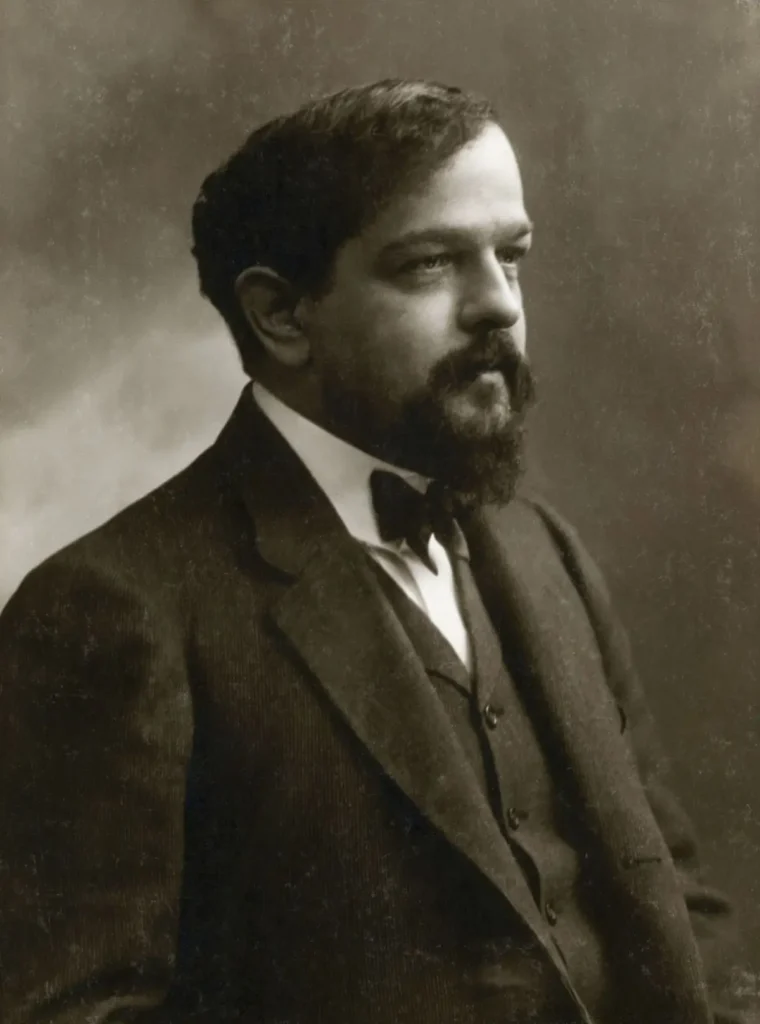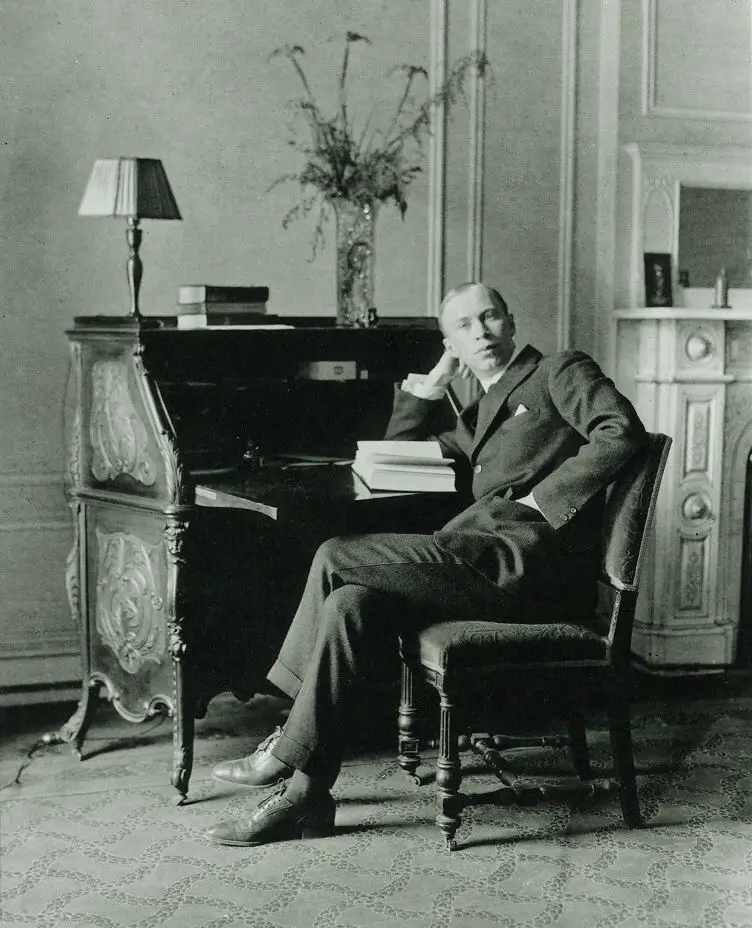Introduction to Giacomo Puccini
Giacomo Puccini stands as one of the towering figures in the world of opera, renowned for his ability to blend intense emotion with intricate musicality. His works are celebrated for their deep emotional resonance and vivid portrayal of human characters, making him a central figure in the operatic repertoire. Puccini’s operas, such as “La Bohème,” “Tosca,” “Madama Butterfly,” and “Turandot,” have left an indelible mark on the music world, enchanting audiences for more than a century with their poignant melodies and dramatic depth.
Early Life of Giacomo Puccini
Born on December 22, 1858, in Lucca, Italy, into a family with a long lineage of musicians, Giacomo Puccini was destined for a life in music. His father, Michele Puccini, was a composer and organist, and his death when Giacomo was just five years old meant that his musical education was entrusted to his uncle, Fortunato Magi, and later, to the composer Carlo Angeloni. Growing up in a musically enriched environment, Puccini was exposed to the liturgical music that his family traditionally composed, but it was the world of opera that captured his young imagination.
Musical Training and Development
Puccini’s formal musical education began at the Istituto Musicale Pacini in Lucca, where he initially studied music theory and piano. His talents soon led him to the Milan Conservatory, thanks to a scholarship obtained with the help of Queen Margherita. At the conservatory, he studied under the renowned Antonio Bazzini and Amilcare Ponchielli. Ponchielli, in particular, was instrumental in shaping Puccini’s early compositional style, encouraging him to explore the operatic form. It was during these formative years that Puccini began to develop his distinctive style, marked by lush orchestrations and an innate sense of melody.
Major Works and Compositions
Puccini’s oeuvre is dominated by his operas, which are characterized by their emotional intensity and psychological depth. “Manon Lescaut” (1893) was his first major success, establishing Puccini as a leading figure in the Italian opera scene. This was followed by “La Bohème” (1896), a poignant tale of love and loss among young artists in Paris, which remains one of his most beloved works. “Tosca” (1900) and “Madama Butterfly” (1904) further cemented his reputation, with their dramatic narratives and memorable scores. His final opera, “Turandot” (1924), which was left incomplete at his death and later completed by Franco Alfano, is famed for its elaborate orchestration and the powerful aria “Nessun dorma.”
Connections to Other Composers
Puccini was a contemporary of other great composers like Verdi and Wagner, and his style reflects a synthesis of their influences. From Verdi, he inherited a keen sense of drama and vocal line, while Wagner’s influence is evident in Puccini’s use of leitmotifs and complex orchestral textures. However, Puccini’s music is distinctly his own, marked by an intimate connection to the emotional and psychological landscapes of his characters. His ability to draw on the strengths of his predecessors, while injecting his unique voice, helped to bridge the gap between 19th-century Romanticism and 20th-century modernism in opera.
Character and Philosophy of Puccini
Puccini’s approach to opera was deeply humanistic, focusing on the emotions and struggles of everyday people. He once stated, “I am a mighty hunter of wild fowl, operatic librettos, and attractive women.” This quote reflects not only his vibrant personality but also his approach to composition—always in pursuit of the human element in music. Puccini’s operas often revolve around female protagonists, whose lives and sacrifices he portrayed with profound empathy and sensitivity. His philosophy was simple yet profound: to evoke real human emotion through music.
Life in Lucca: Puccini’s City
Lucca, the city where Puccini was born and raised, played a significant role in his development as a composer. This historic city, with its rich musical tradition, provided the backdrop for his early education and exposure to music. The annual Puccini Festival in Torre del Lago, near Lucca, where Puccini later lived and worked, is a testament to the city’s enduring connection to its most famous son. The festival attracts opera lovers from around the world, eager to experience Puccini’s music in the very places that inspired him.
Death and Legacy of Giacomo Puccini
Giacomo Puccini died on November 29, 1924, in Brussels, Belgium, following complications from throat cancer surgery. His death marked the end of an era in Italian opera, but his legacy lives on through his music, which continues to be performed and revered globally. Puccini’s ability to touch the human soul with his music ensures that his works remain central to the opera repertoire, resonating with new generations of opera enthusiasts.
Puccini’s life and works continue to be a subject of study and admiration in the world of music. His operas, characterized by their emotional depth and innovative orchestration, have influenced countless composers and performers. As opera continues to evolve, Puccini’s works remain a testament to the enduring power of musical storytelling.

